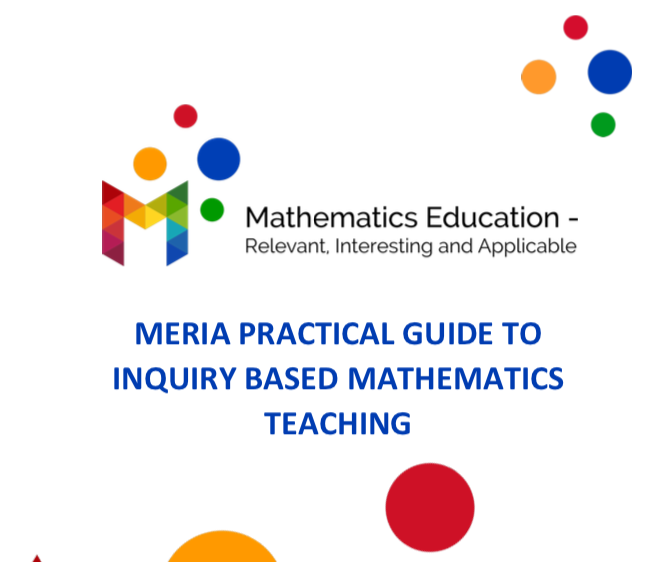Meria, Erasmus+ project
[collapsibles]
[collapse title=”Partners”]
University of Zagreb, Croatia, www.unizg.hr
University of Utrecht, The Netherlands
ZRSS, Ljubljana, Slovenia
[/collapse]
[collapse title=”Samenvatting (in het engels)”]
Mathematics education across Europe is recognized as the educational field to be promoted and strengthened at all levels of education. The ultimate goal of these actions would be to reduce the share of underachievement, improve students’ attitude and motivation for mathematics and thus enhance the connection to job market in technology-rich society.
The European reports on secondary education show that pupils often lack interest in learning mathematics (see section E for more evidence and references). They find mathematics unattractive and not connected to real world situations, knowledge from mathematics and different disciplines compartmentalized and not ready to transfer among them. Nevertheless, they consider mathematics important for their future lives. However, even when they make such choices as taking the STEM direction in their higher education, as consequence of their lacking knowledge, they often face problems and drop out of higher education.
To enhance the quality and relevance of mathematics education at secondary school level, MERIA projects’ objectives are set as the following: i) promotion of mathematics education that is student-centered and inquiry-based; ii) provision of systematic and overarching support of the mathematics curriculum by adequate materials; iii) upgrade of teaching skills of in-service teachers; iv) strengthening of cooperation and flow of ideas between educational and research institutions.
Research suggests that the most students acquire basic mathematics skills only if they experience mathematics in situations which are concrete and meaningful for them. Therefore, the MERIA project wishes to enhance the quality of mathematics education at secondary school level by making mathematics more relevant and interesting to students, thus addressing especially low achievers in mathematics. The project will contribute to this goal by promoting student-centered learning, enhancing students’ problem solving and modelling competencies, and supporting mathematical and critical thinking through focus on discovery of mathematics and mathematical inquiry.
In Croatia, there is an additional opportunity of undergoing curriculum reform for re-conceptualization of these educational ideas in mathematics. Apart that it brings opportunity to implement the proclaimed novel approach on a very wide basis, it opens possibilities to pilot-investigate the new developed materials of innovative practice aimed for further use in the European context. These methods also cultivate various generic competencies, which turns them to showcases for other subjects and disciplines.
The MERIA project support of the mathematics curriculum assumes teachers’ participation by their education and training in methodology and design of new materials. The support of mathematics curriculum in participating countries is meant to be systematic and overarching, addressing the whole secondary school system, through involvement of national professional associations, such as Croatian Mathematical Society, Freudenthal Institute in the Netherlands, Denmark’s Matematiklærerforening and The National Institute of Republic of Slovenia. Developed materials and didactical guidelines for teacher education are planned to be used in university education of pre-service teachers as well. By participation of diverse partners, the project aims to strengthen connections and enhance collaboration between educational and research institutions.
[/collapse]
[/collapsibles]




